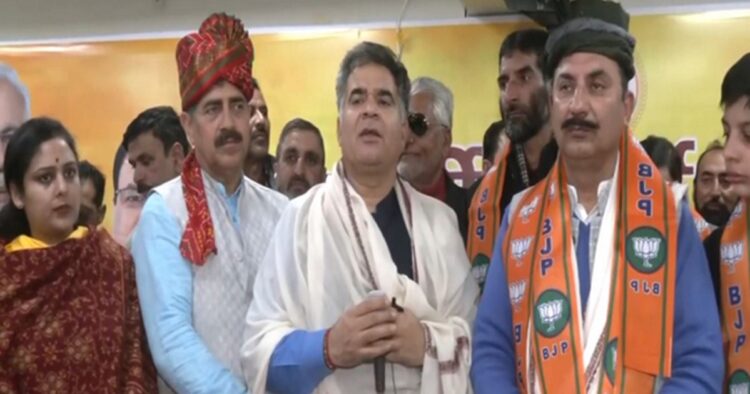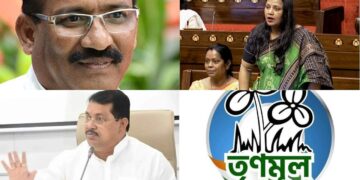In a significant political development, Sayed Mohammad Rafiq Shah, a prominent leader from the National Conference and former Member of Legislative Council in Jammu and Kashmir, has joined the Bharatiya Janata Party (BJP). His move to the BJP was marked by a warm welcome from the state BJP President, Ravinder Raina. This shift comes in the wake of several other notable politicians from the National Conference making similar transitions to the BJP, including former Minister Mushtaq Bukhari, and Kathua district president Sanjeev Khajuria, along with many supporters and district officeholders. These defections indicate a notable realignment within the region’s political landscape.
The decision of prominent leaders like Sayed Mohammad Rafiq Shah to join the BJP highlights the changing dynamics and allegiances in Jammu and Kashmir’s political arena. Such moves can significantly impact the political equations and strategies adopted by various parties in the region. The BJP, known for its strong presence in national politics, is evidently making strides to expand its influence at the regional level by attracting key figures from other parties.
Furthermore, the announcement by the National Conference chief, Farooq Abdullah, that his party will contest the upcoming parliamentary elections independently adds another layer of complexity to the political scenario in Jammu and Kashmir. Abdullah’s assertion underscores the growing trend of parties opting to go solo in electoral battles rather than forming alliances, reflecting their confidence in their individual strengths and agendas.
The decision of the National Conference to contest the elections alone is viewed as a setback for the opposition INDIA bloc, indicating potential challenges for opposition unity in the face of the BJP’s formidable presence. This move also suggests a divergence in the approaches and priorities of various opposition parties in the region, which could have implications for the overall political landscape and power dynamics.
As the political landscape in Jammu and Kashmir continues to evolve, with prominent leaders switching allegiances and parties gearing up for electoral battles, the upcoming parliamentary elections are expected to be closely watched. The shifting alliances, independent contestations, and strategic maneuvers by various political players are likely to shape the outcomes and future trajectory of politics in the region.

















Comments